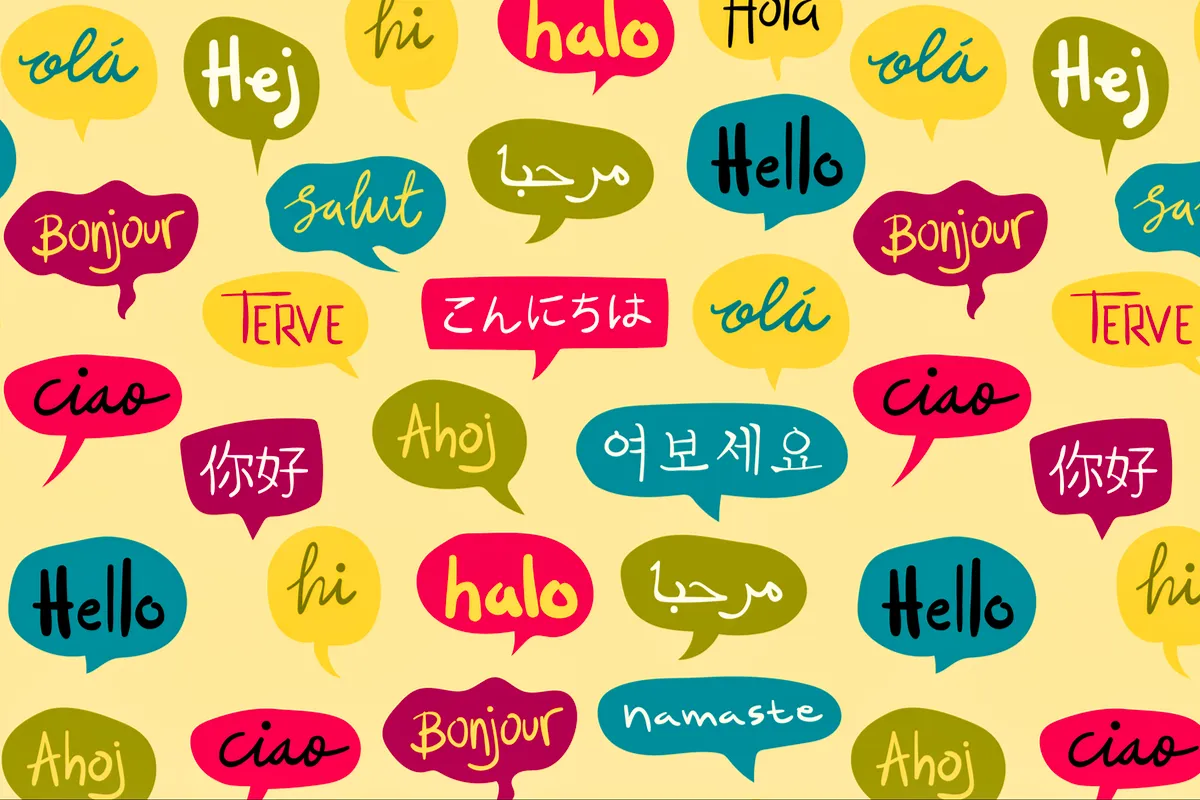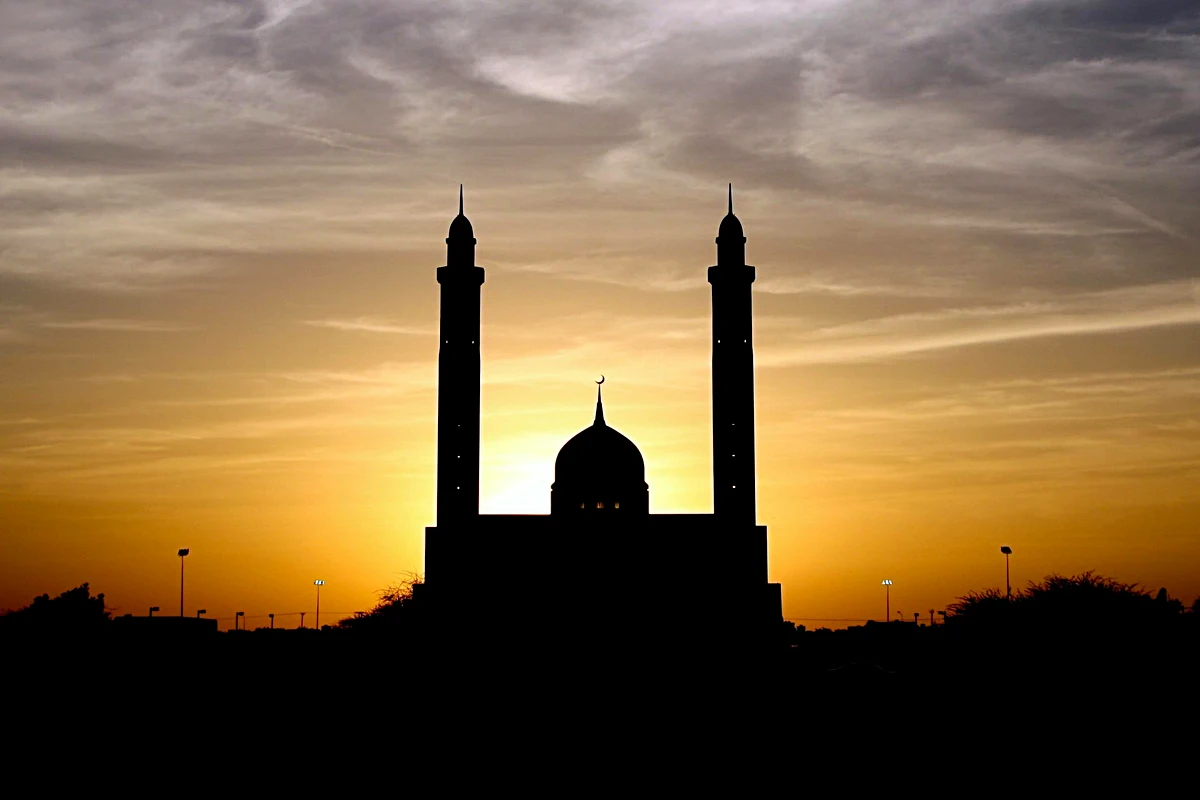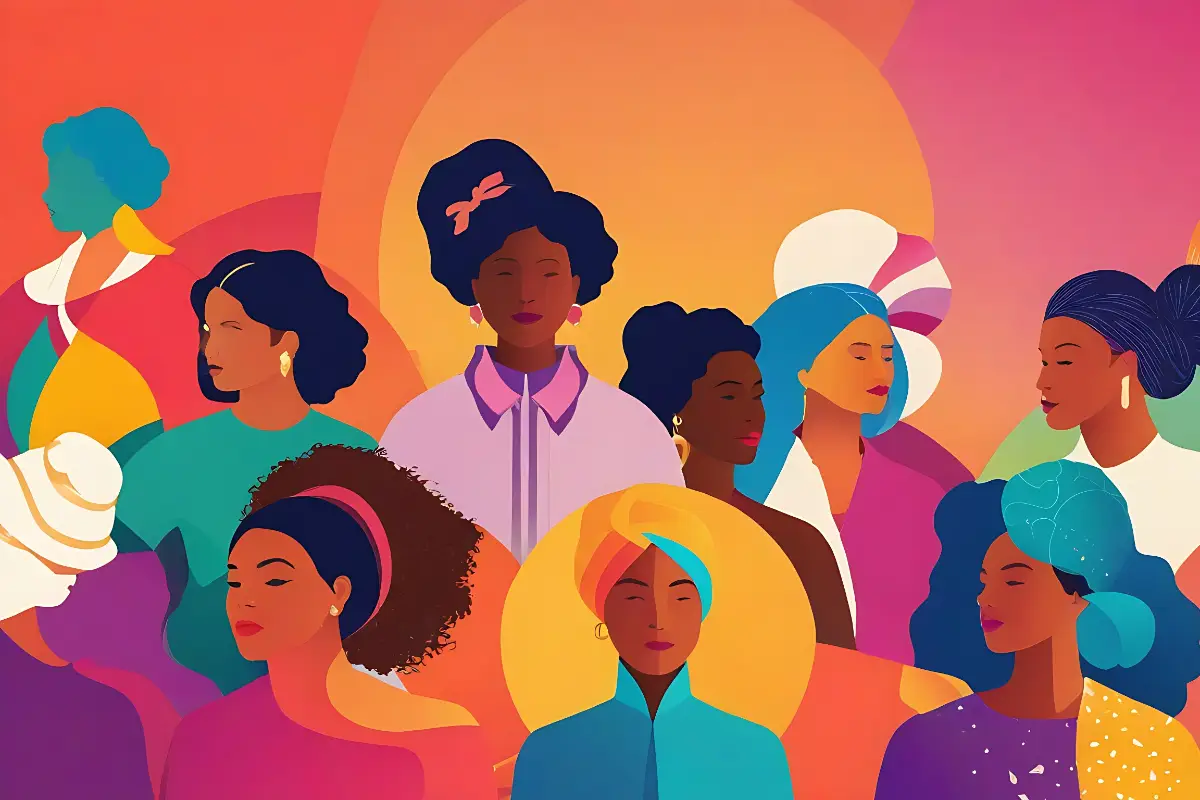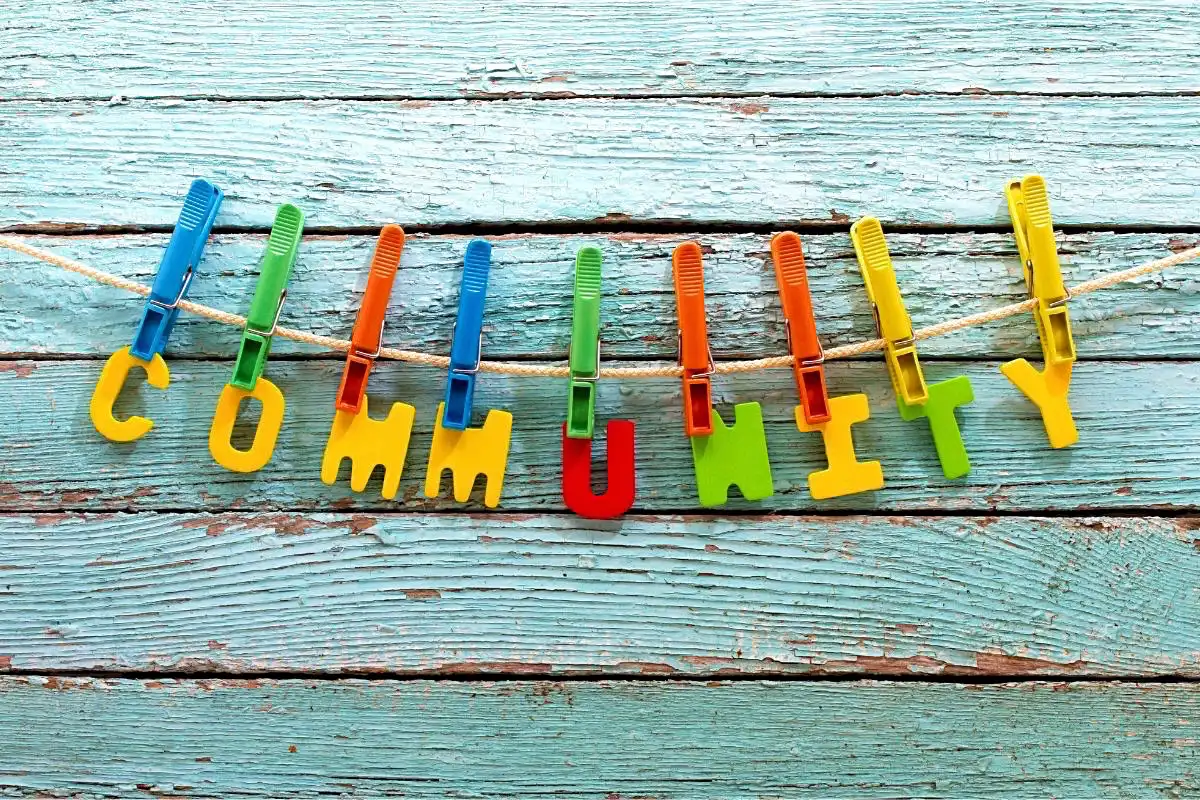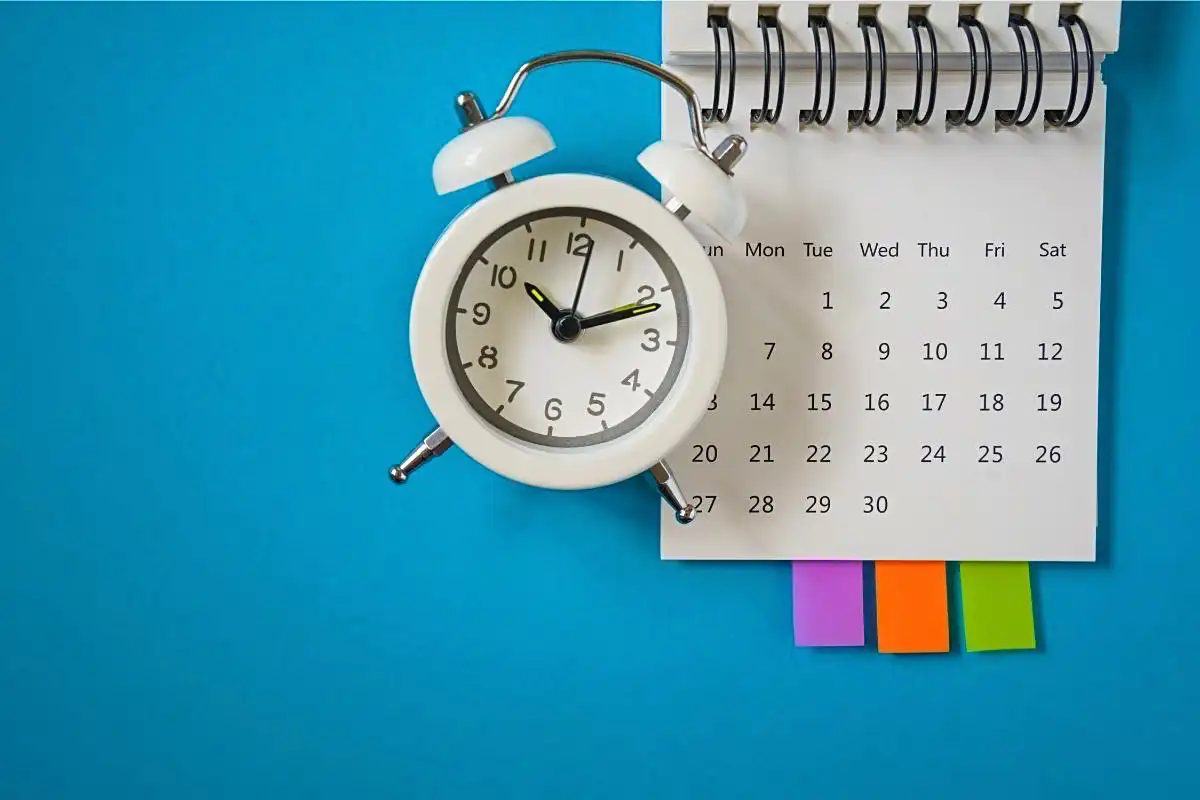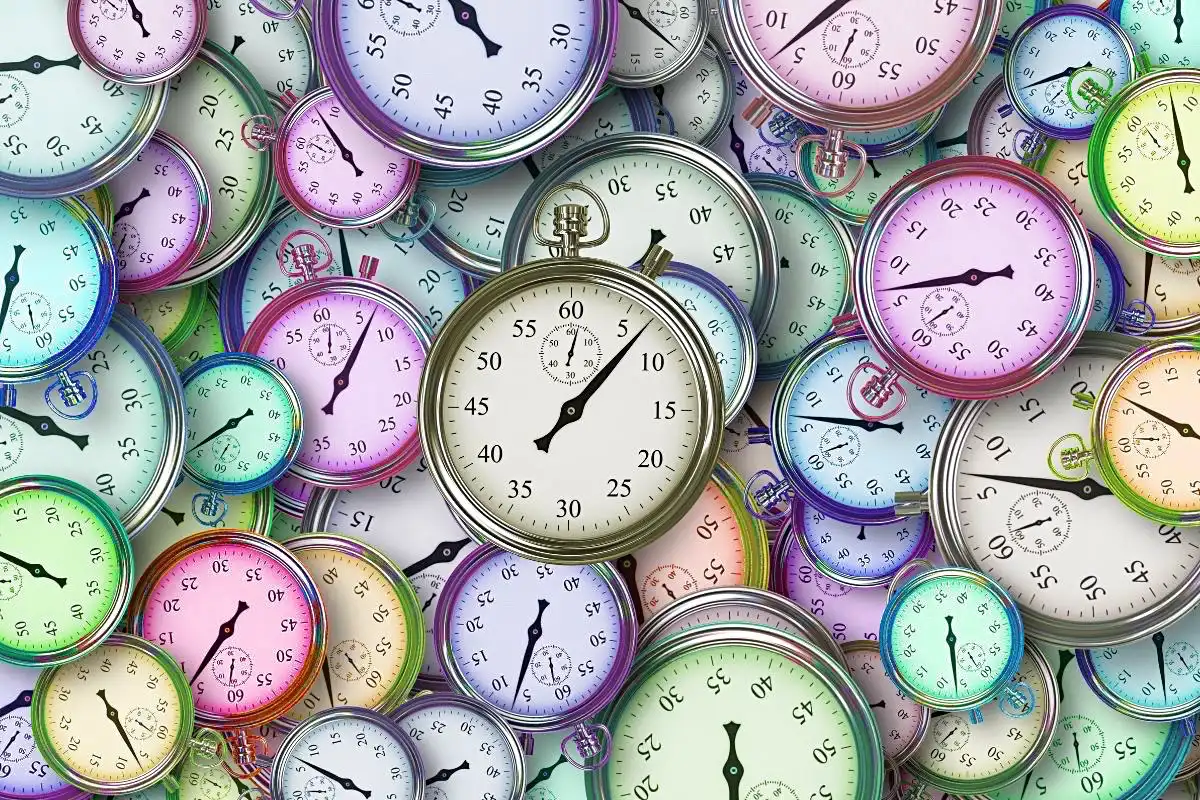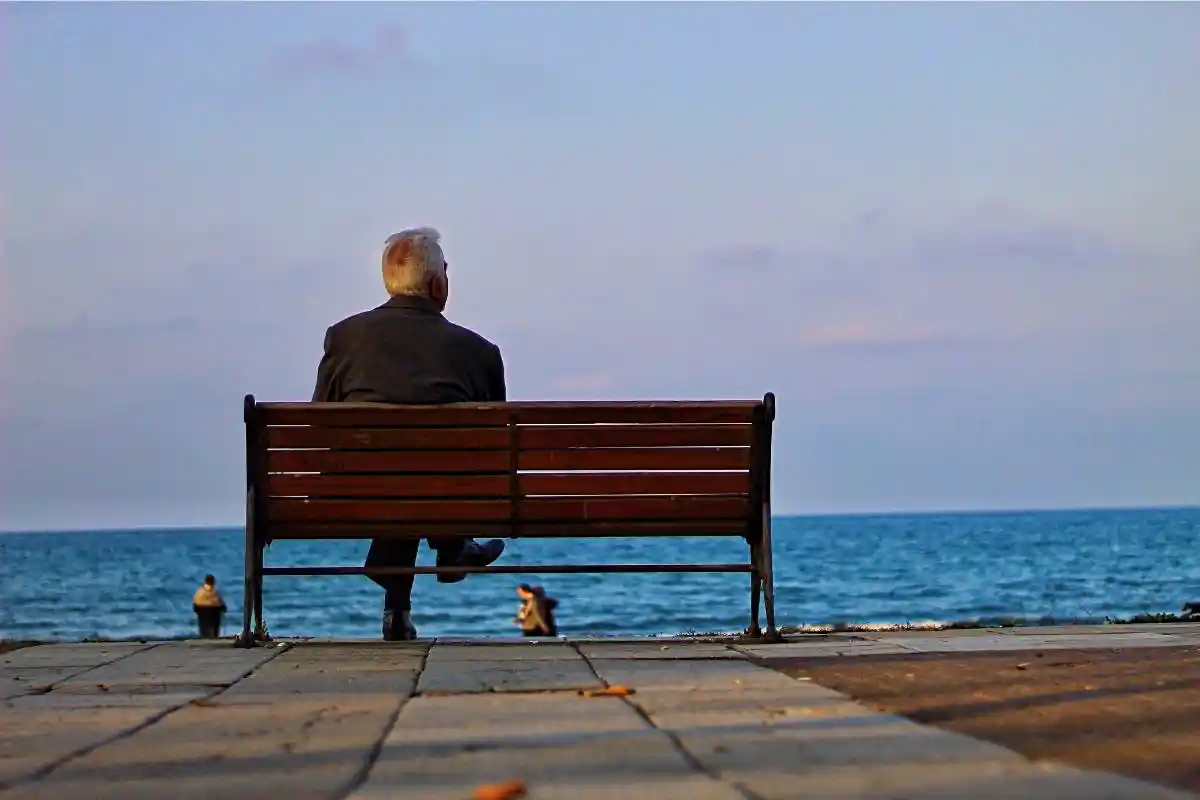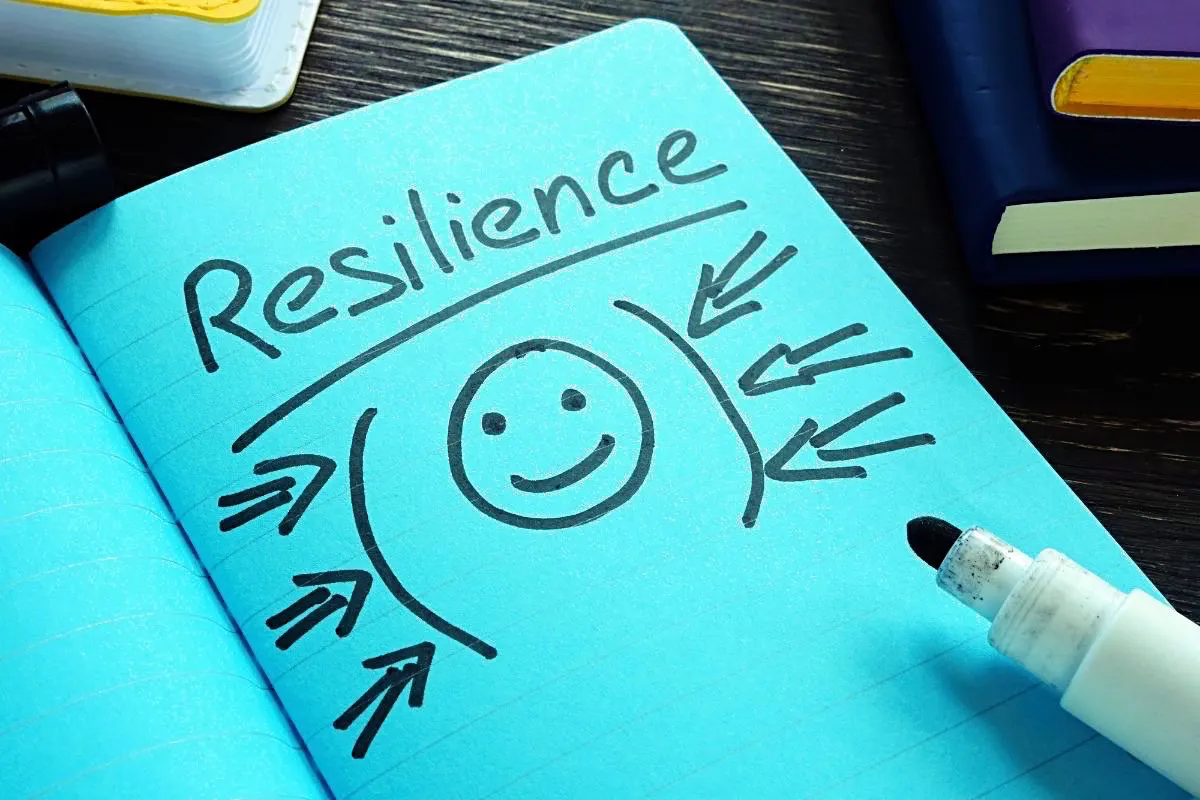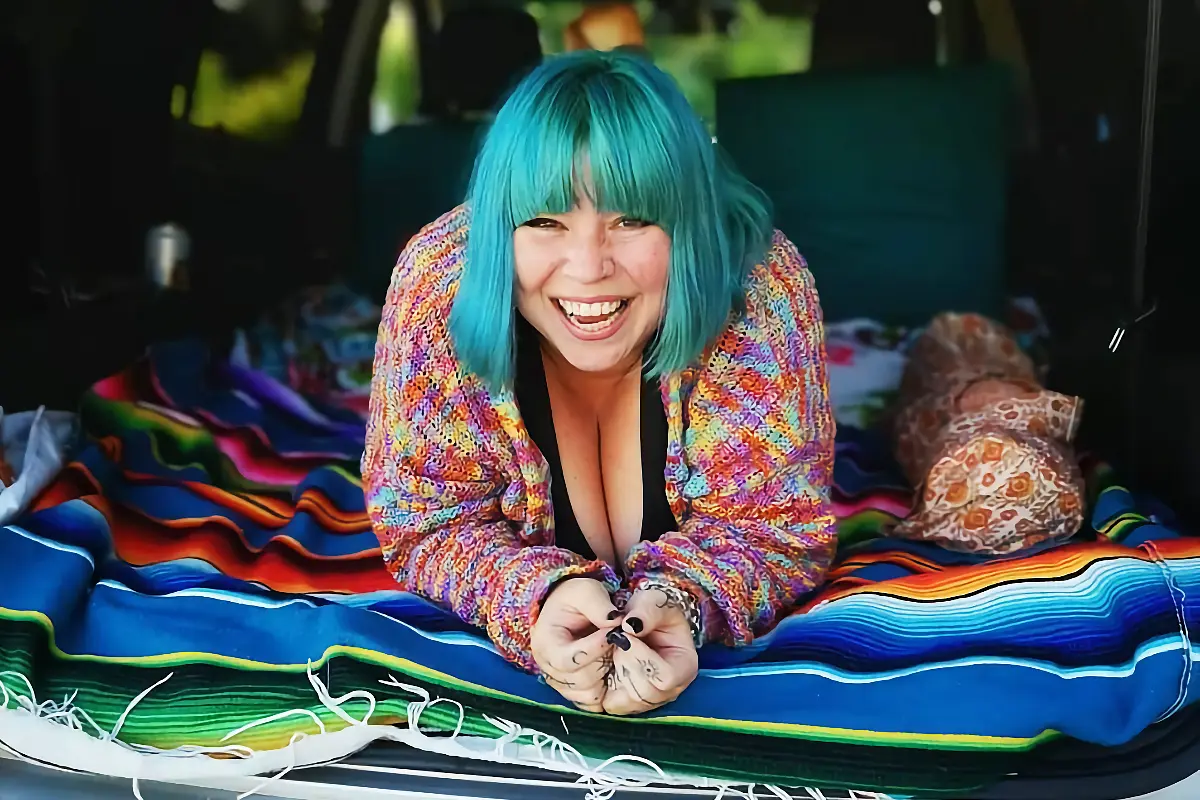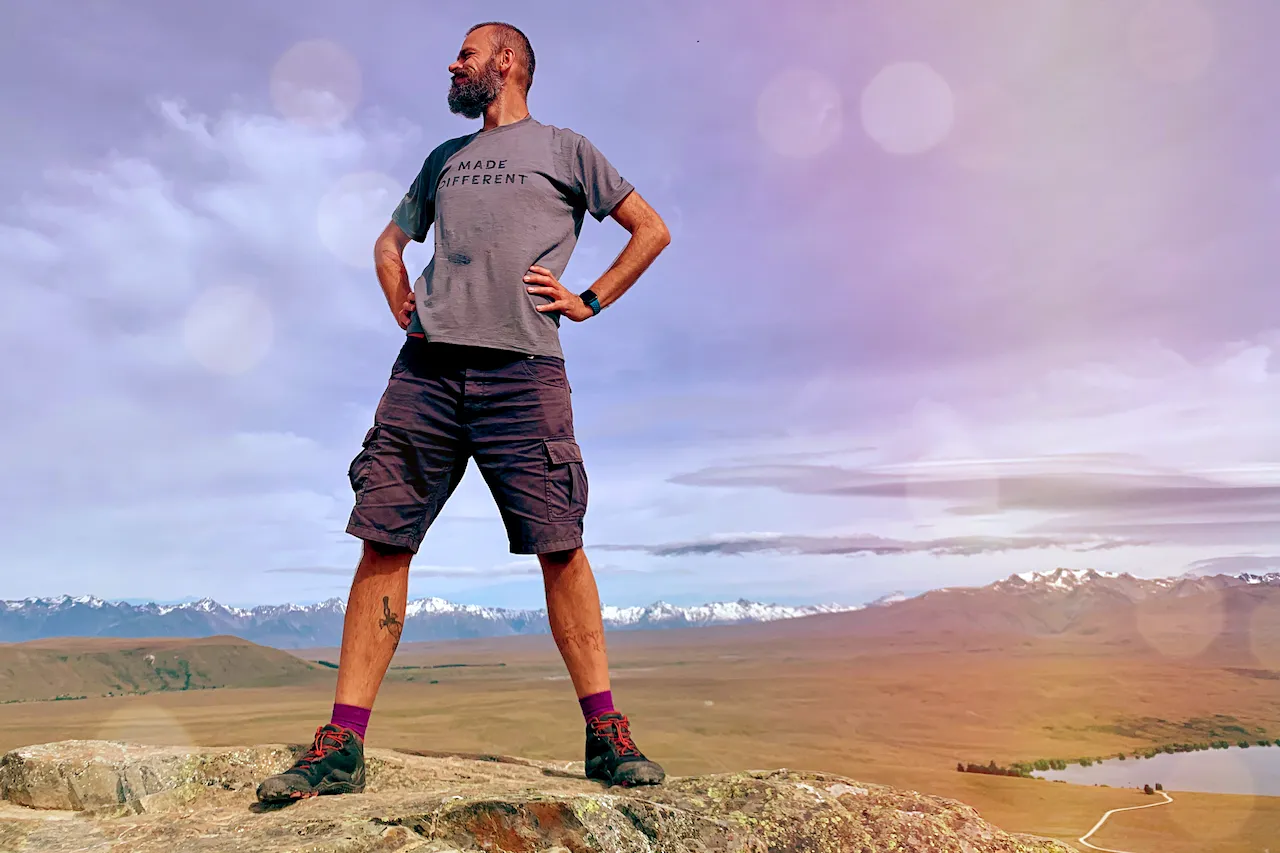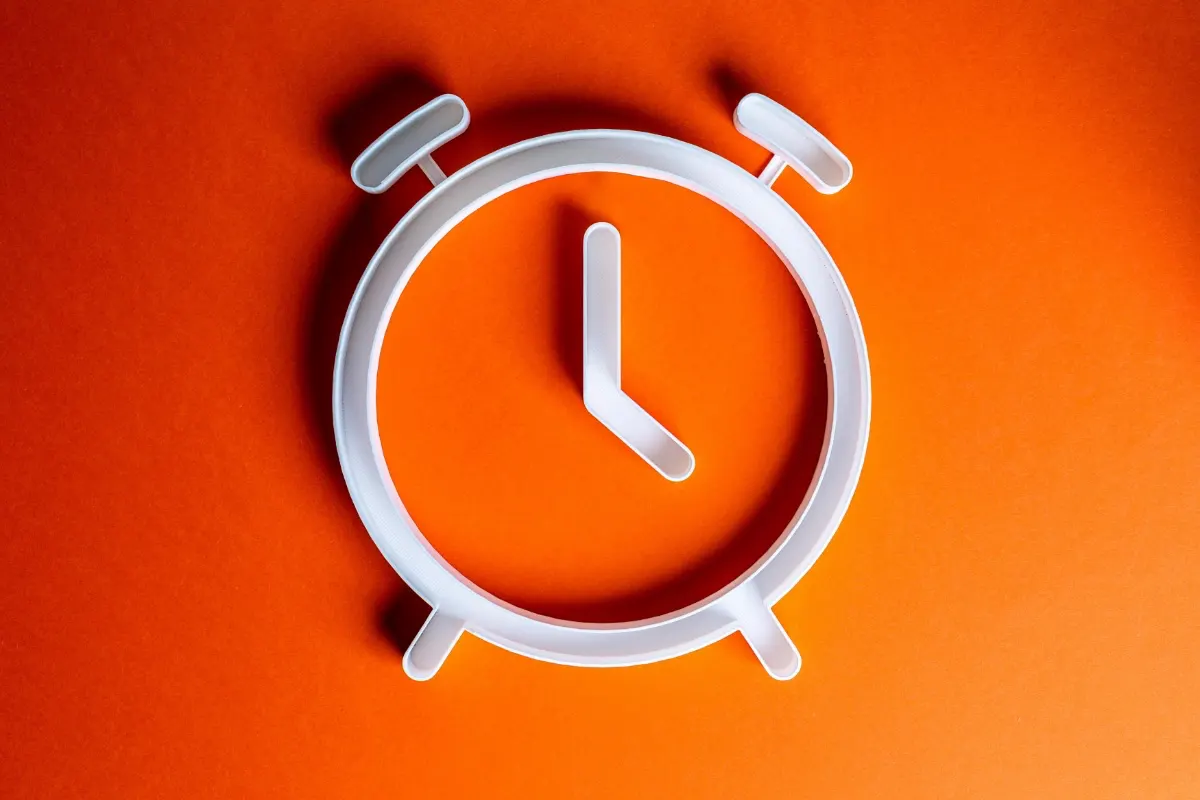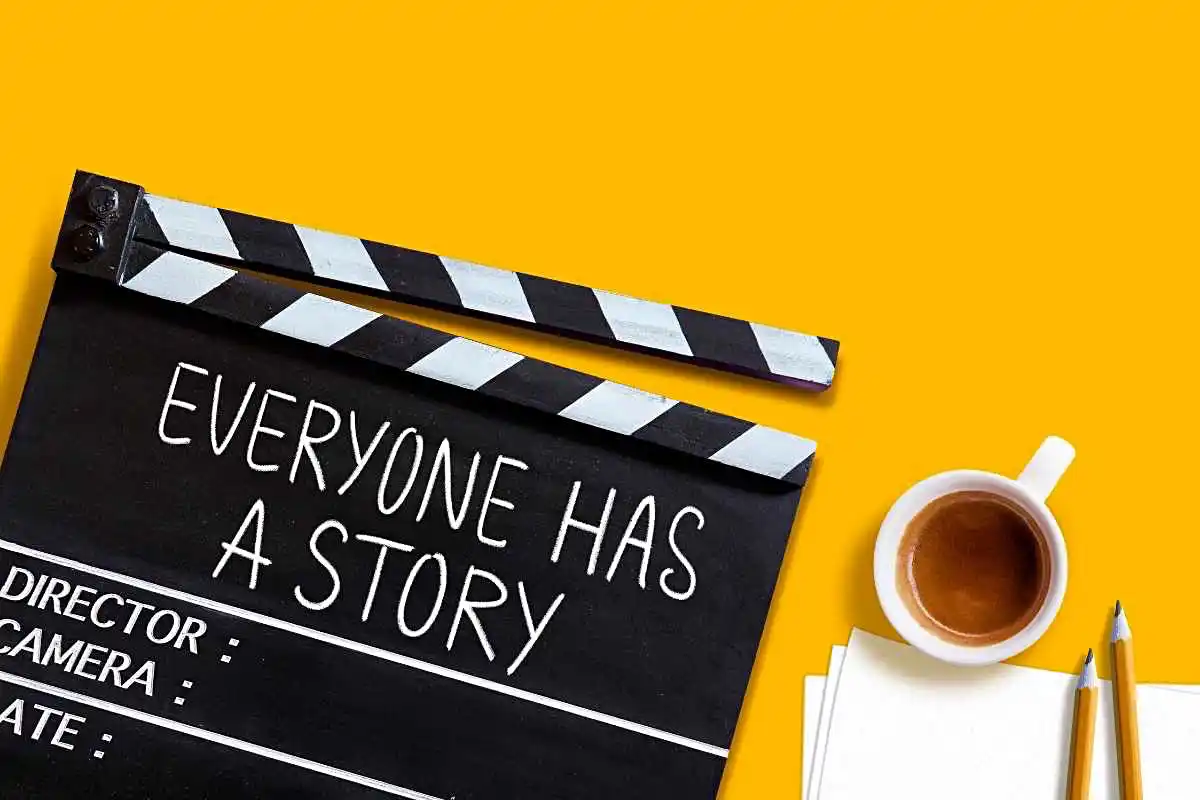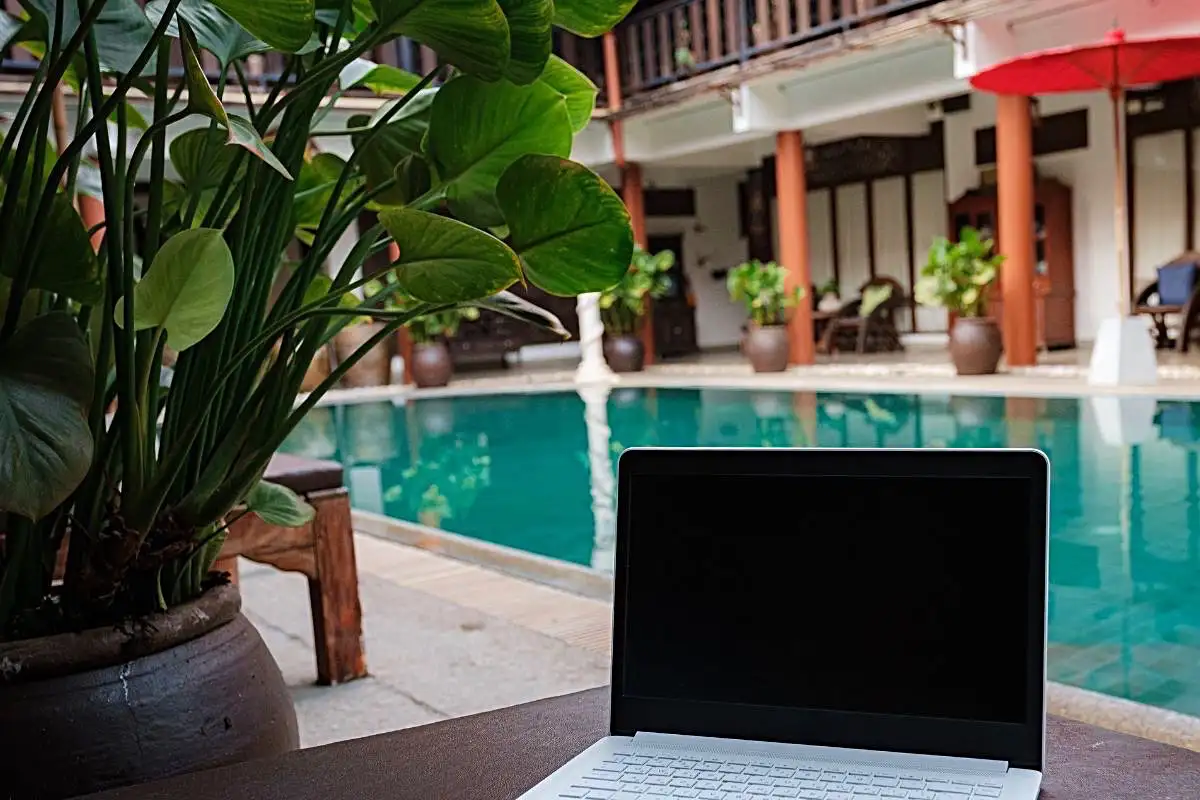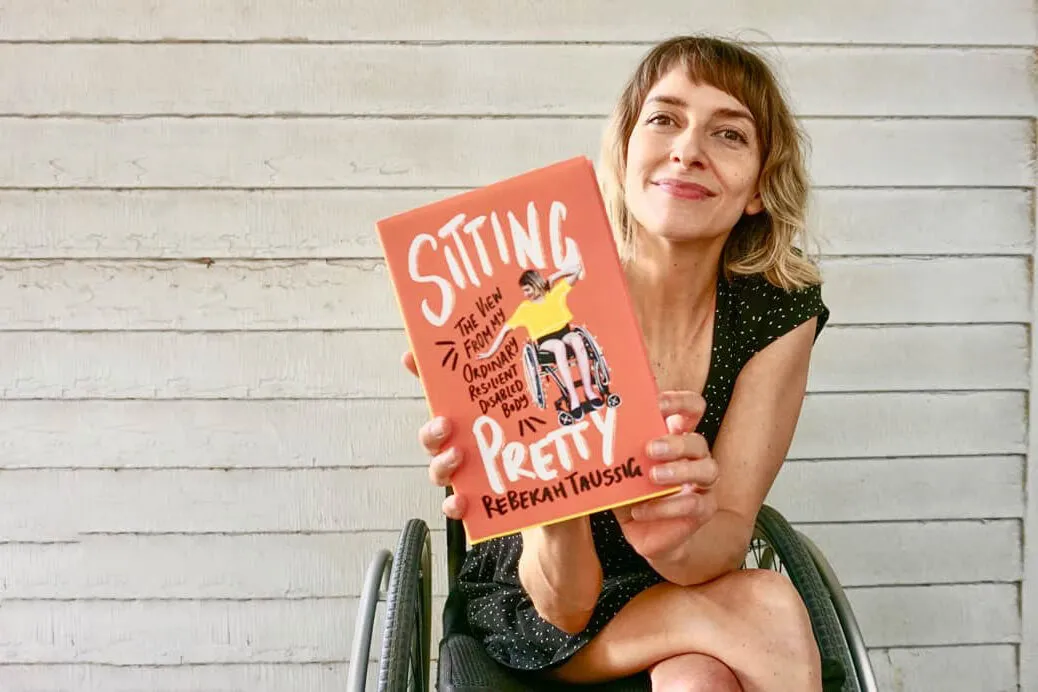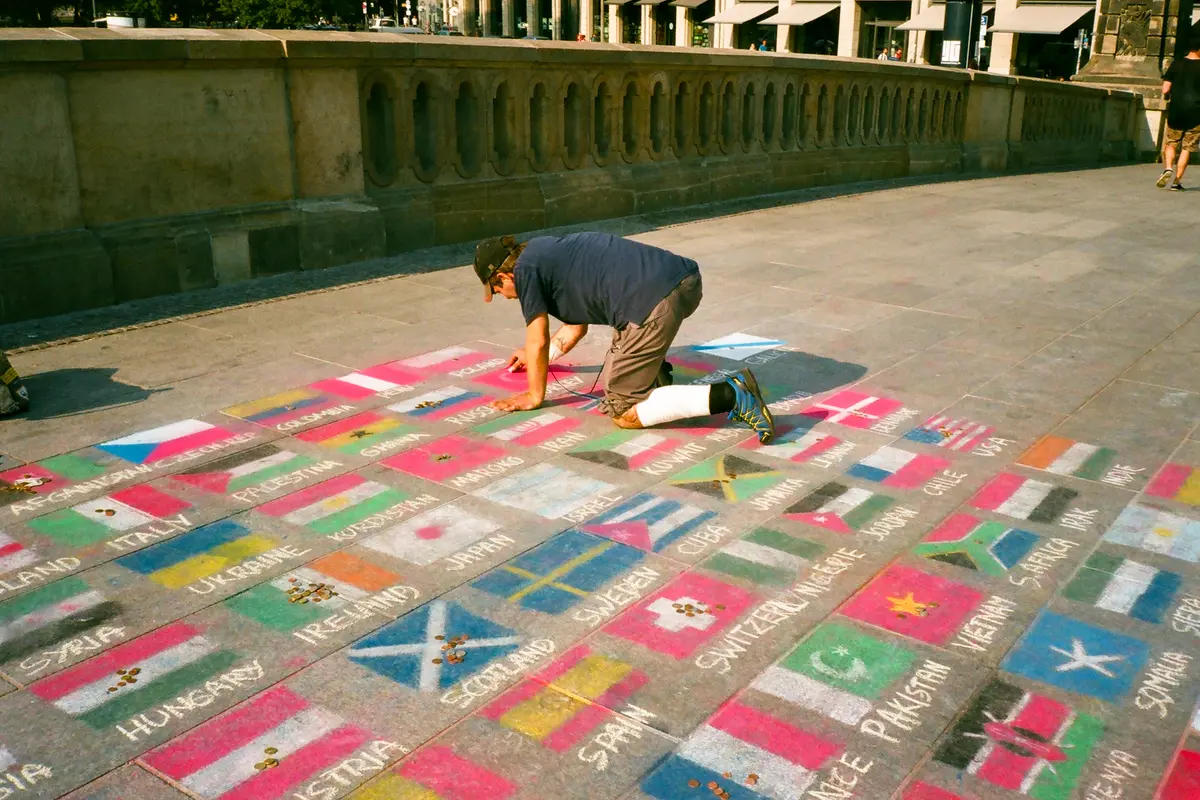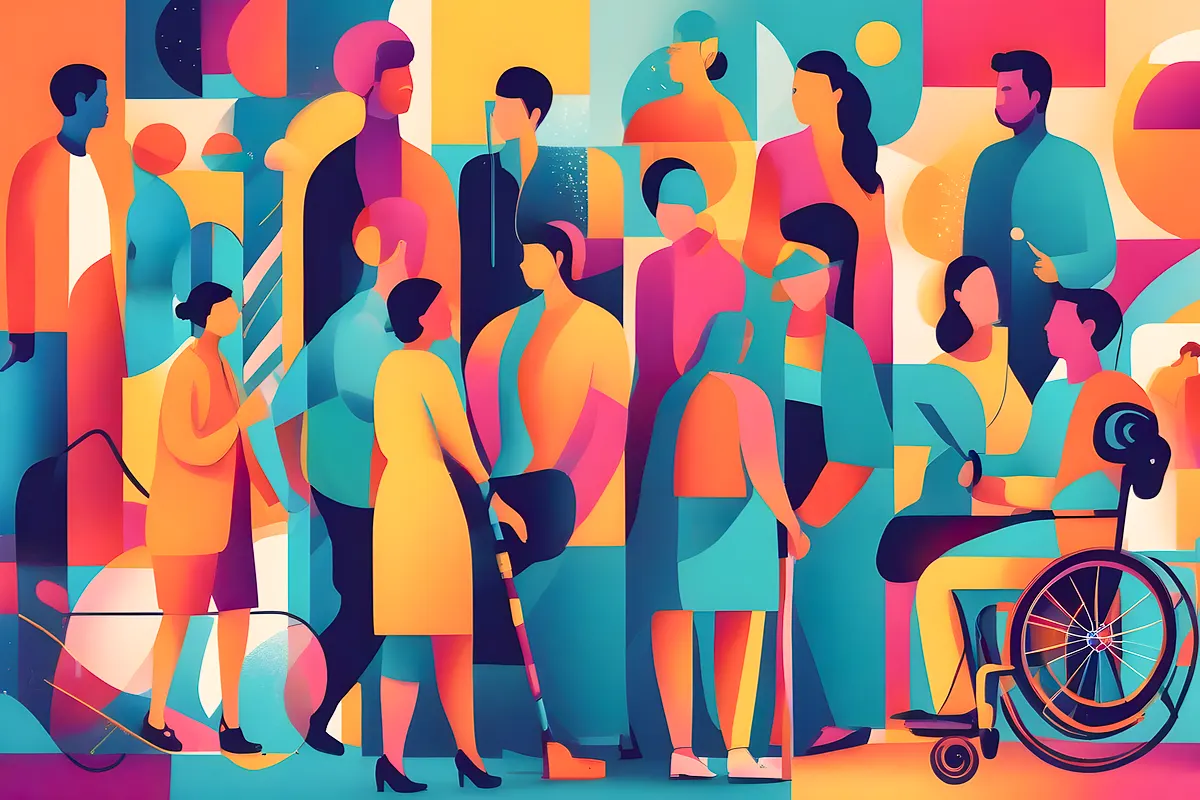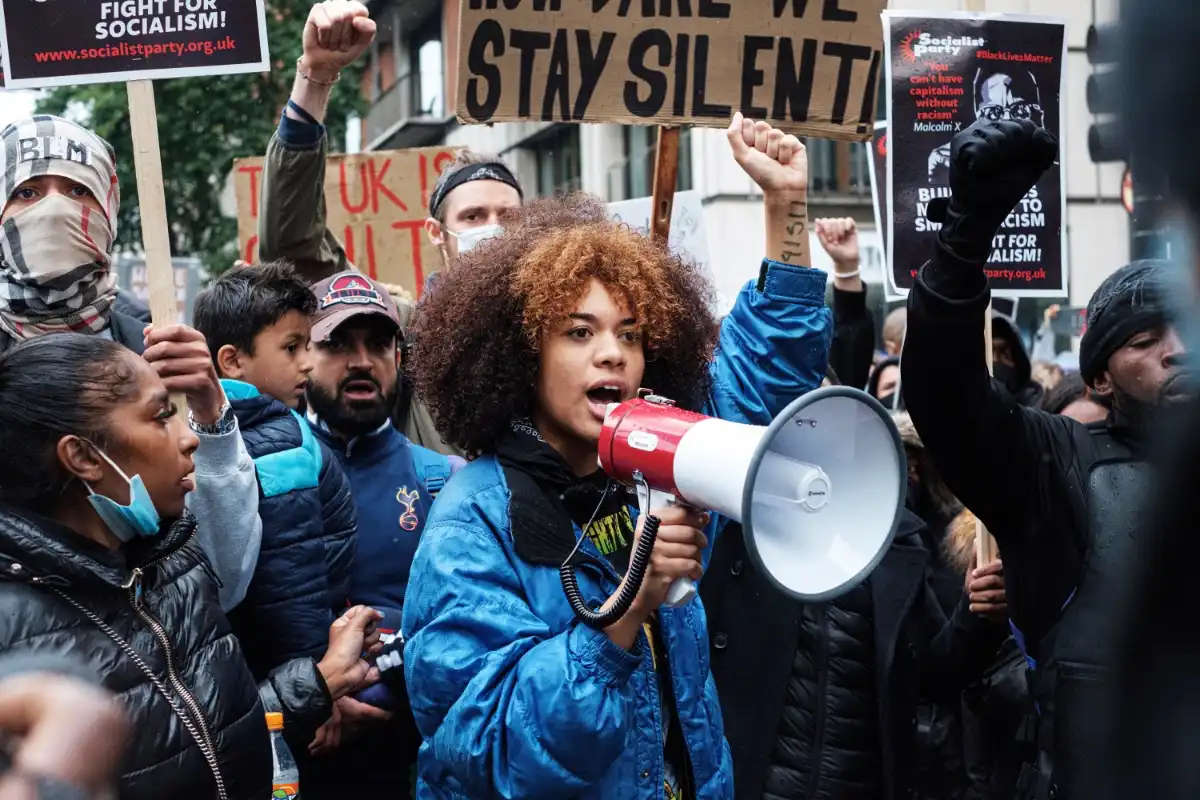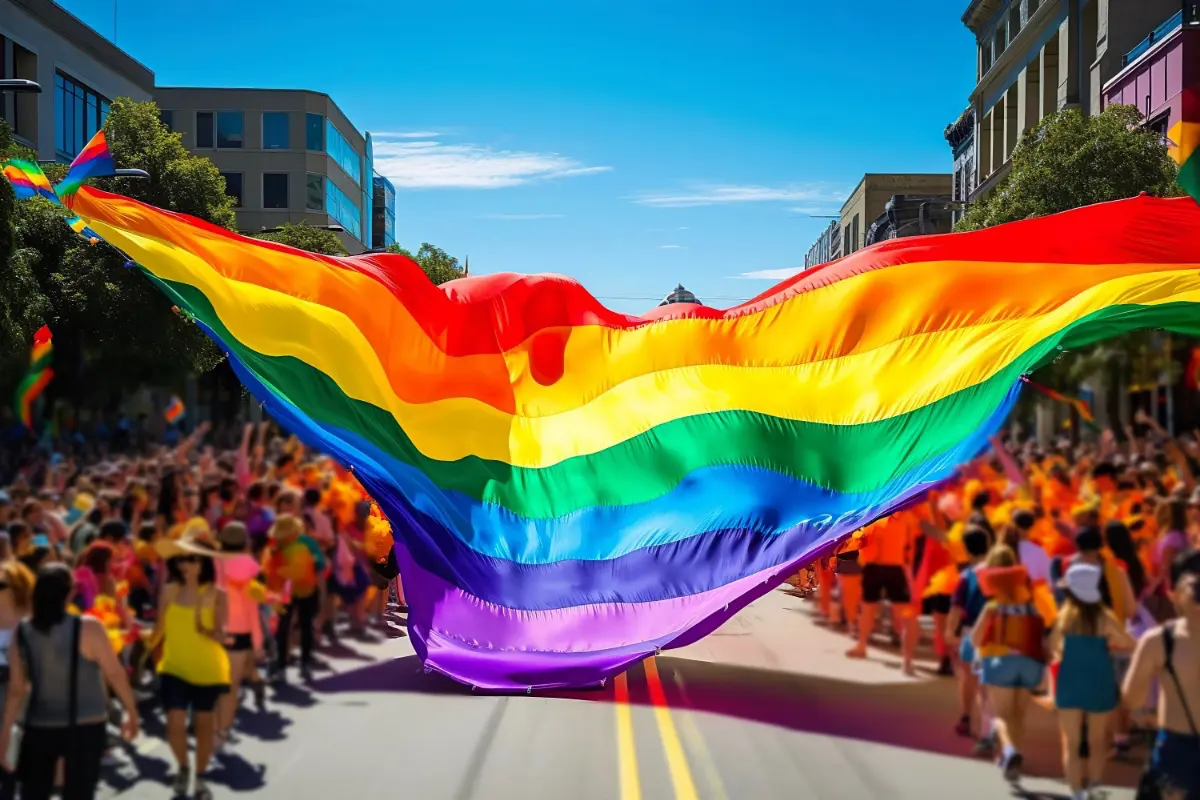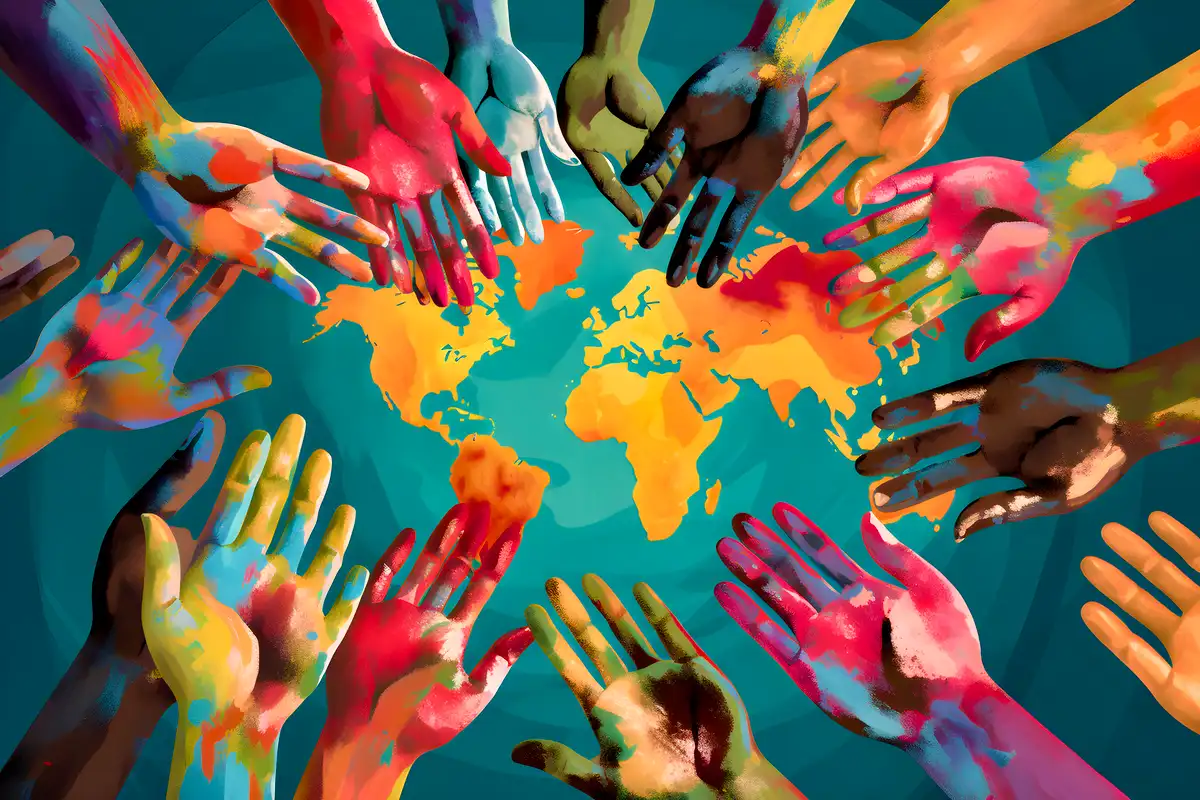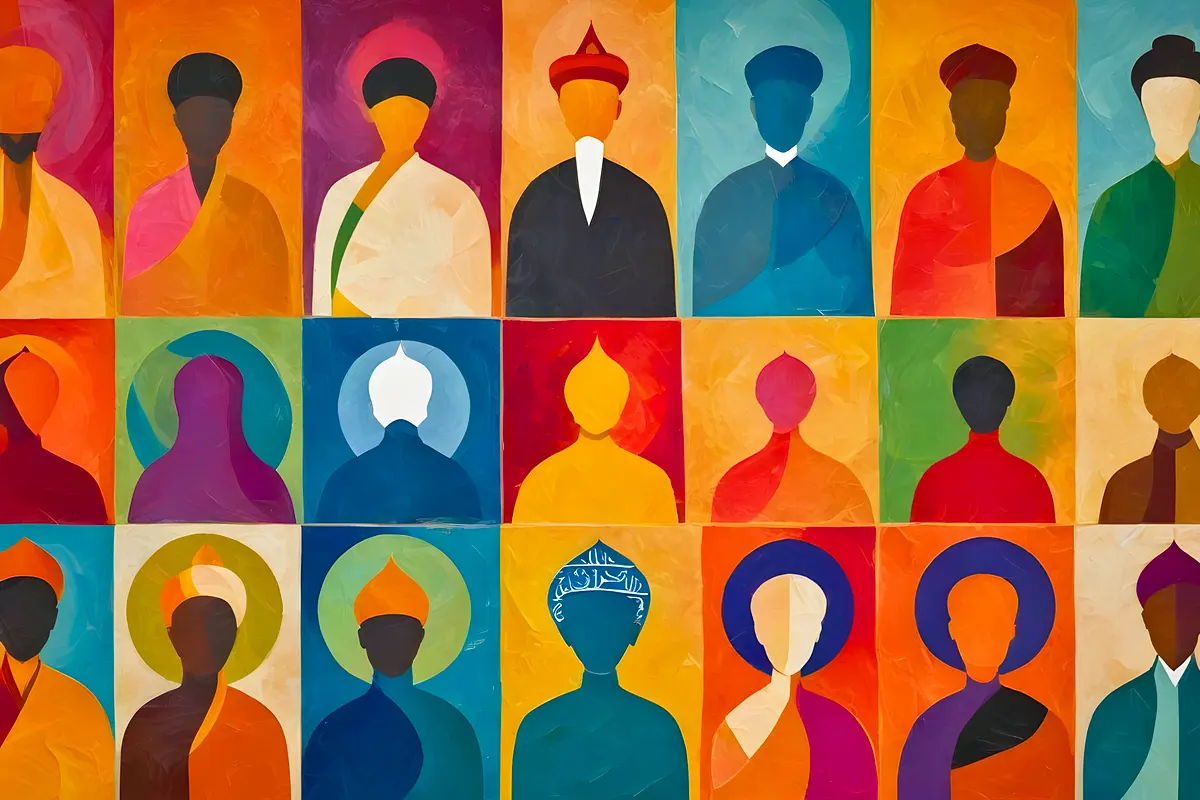How to Be a Humanitarian (When The World is On Fire)
We’re living through a moment where empathy is either a burden or a compass. Or maybe both. Headlines full of violence. Images you can’t unsee. Injustice that seems baked into the system. The kind of news that leaves you somewhere between grief, fury, and complete overwhelm.
And in the middle of it all, there’s a day in the calendar – World Humanitarian Day – asking us to pause and think about the people who step forward when everything’s falling apart. The medics. The aid workers. The volunteers pulling survivors from rubble, delivering food under fire, crossing borders with nothing but purpose.

It’s humbling. And honestly, it can make you feel a bit useless in comparison.
But being a humanitarian isn’t reserved for the brave few with flak jackets and UN passes. It doesn’t require a new career, or a visa, or a background in conflict resolution.
It’s also about how we show up as people. In whatever corner of the world we’re in.
So, if you’ve been wondering what to do with all the heartbreak you’re holding—this is for you.
7 ways to be a humanitarian (without needing to go anywhere)
1. Don’t look away
It’s easy to scroll past, close the app, or tell yourself there’s nothing you can do. And sometimes, switching off is necessary—protecting your mental health is part of staying in the fight. But when you can look—look. Witnessing matters. Staying engaged matters. Choosing to stay present, even when it’s painful, is a powerful act of solidarity.

2. Stay curious (and critical)
Go beyond the headline. Ask who wrote it. Follow local journalists. Listen to people from the communities affected. When everyone’s shouting, choose to listen first.
3. Use what you have
Money? Great—donate it. Time? Volunteer it. Skills? Offer them. Your voice, your network, your dinner table conversations…these all count too.

4. Challenge dehumanising language
It starts small. The jokes. The labels. The subtle “us vs them.” Real humanitarianism starts by recognising the full humanity in others, and refusing to let it be stripped away in your presence.
5. Back the people doing the work
Support frontline workers and grassroots organisers, the ones often doing the real, gritty work. That might mean donating to a small local trust that doesn’t have a glossy website, offering your time to deliver meals, or sharing their story so more people know about their work.
6. Don’t wait until it’s “safe” to speak up
Silence can feel comfortable. Neutral. Polite. But in the face of harm, silence is often complicity. You don’t have to shout—but find a way to speak.

7. Keep your heart open (even when it’s tired)
Empathy is not an infinite resource. But it is a muscle. Rest when you need to. But don’t stop caring.
You don’t have to save the world. But you can be someone who refuses to switch off when it’s hurting. Someone who turns compassion into action, quietly, consistently, imperfectly. Someone who chooses, every day, to be a little more human.
Because in a world that can feel relentlessly dehumanising, that choice really does matter.
Want to do something today?
Here are a few places to start:
- Donate to Medical Aid for Palestinians (MAP)
- Support Choose Love, Refugee Action, or your local foodbank
- Volunteer your time or skillset locally
- Read stories from humanitarian workers on the ground → UN OCHA blog or ICRC Field Notes
- Take breaks. Refill your cup. Remember that joy exists—and you don’t have to earn it. Rest, refuel, and when you’re ready, come back.






































